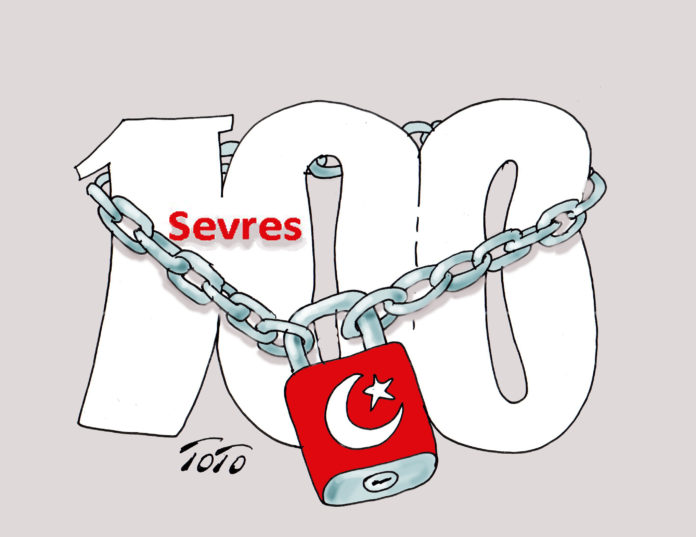Perseverance and vigilance pay off. Armenians around the world have struggled for a full century to get 30 countries to recognize the Armenian Genocide. And even more importantly, the centennial commemoration in 2015 achieved global resonance with Pope Francis I, who called the event by its true name, and four heads of state arrived in Yerevan to participate in the commemoration at Tsitsernakaberd. And last, but not least, last October, when a historic opportunity arose, both chambers of the legislative branch of the US government passed resolutions recognizing the Armenian Genocide, which had remained elusive in the US.
International relations are structured in such unexpected ways. Therefore, the name of the game is to keep the forces at the ready and informed, so that when those opportunities come, they don’t bypass us unnoticed and unused.
This year presents another historic watershed anniversary to remind the global political community of the injustices committed by replacing the Treaty of Sevres of 1920 with the Treaty of Lausanne of 1923. The specter of the Treaty of Sevres has haunted the leaders of the Republic of Turkey for a full century.
Let’s present some background. In the immediate aftermath of the Armenian Genocide, the Treaty of Sevres came to bring justice to victims and survivors of that genocide within the historic boundaries of Armenia.
US President Woodrow Wilson issued his Fourteen Points to create a new world order based on peace and respect for human rights. The 12th point referred to Armenia in the following context: “The Turkish portion of the Ottoman Empire should be assured a secure sovereignty but the other nationalities which are now under Turkish rule should be assured an undoubted security of life and an absolutely unmolested opportunity of autonomous development.”
President Wilson assigned the King-Crane Commission under Gen. James Hardbody to study the case, to determine the borders and make recommendations.










